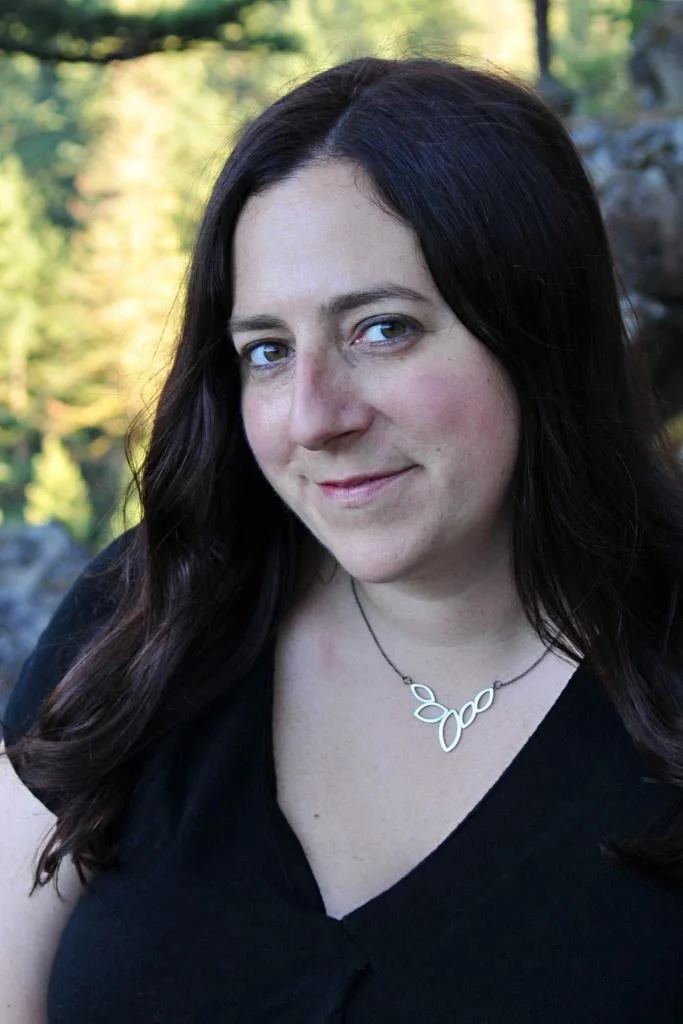How can we take inspiration from our love for animals to protect wildlife and change the world? How can we take action and start making changes in our lives? What if we measured success based on happiness and on the health of communities?
Stephanie Feldstein leads the Center for Biological Diversity's work to highlight and address threats to endangered species and wild places from runaway human population growth and overconsumption. Previously Stephanie worked for Change.org, where she helped hundreds of people start and win online campaigns to protect wildlife. She has years of experience in organizing, outreach and communications. She is the author of The Animal Lover’s Guide to Changing the World, and the series aimed at young adults Take Action: Save Life on Earth.
THE CREATIVE PROCESS · ONE PLANET PODCAST
What's lovely about this kind of animal activism, which is also campaigning for our own health, is that you can be effective while just changing your daily habits. Multiple things can be addressed by just changing your diet or the clothes you buy.
STEPHANIE FELDSTEIN
Pretty much everything we do in our lives from the moment we wake up and take a shower, we're using water – that's shared resources. We're using energy that, for most of us, unfortunately, still comes from fossil fuels. We are making decisions about what we eat. We're making purchases that have an impact on the planet and on other animals based on where they came from and what they're made of. There are so many entry points for people to take action and start making changes in their own lives. And that's really important for people to start with what feels right to them. That's a great way to start getting involved in this.
*
I remember when I picked up a book about how farmed animals were treated and understood for the first time how much animals suffered to put food on my plate. I was 16 years old. As I learned what animals went through for our food, clothes, comfort, and entertainment, I realized there was a lot I could do, even as a kid, to make the world a better place for them. And that mattered because their existence made the world a better place for me too.
THE CREATIVE PROCESS · ONE PLANET PODCAST
On this issue of capitalism, we've just been brainwashed into believing that we can have perpetual growth without thinking about the quality of life. These numbers don't equate to having a better quality of life necessarily, or health outcomes. I'm very intrigued by the universal guaranteed income which points towards different kinds of growth and have a more collectivist approach where it's not a zero-sum game where I win, you lose.
FELDSTEIN
Capitalism is an inherently unsustainable system the way that it is being practiced now. It is an economy that is based on infinite growth, even though we live on a finite planet. What if we measured success based on happiness and based on the health of communities? Based on wealth equity instead of just how rich are the richest people?
So there's always going to be an end game for a growth-based economy. But, of course, that's being largely ignored right now to the detriment of the world around us. It's focused on growth and maximizing corporate profits but at the expense of people and the planet. It exploits workers. It exploits the environment. So we need to reimagine how we approach our economy.















































































